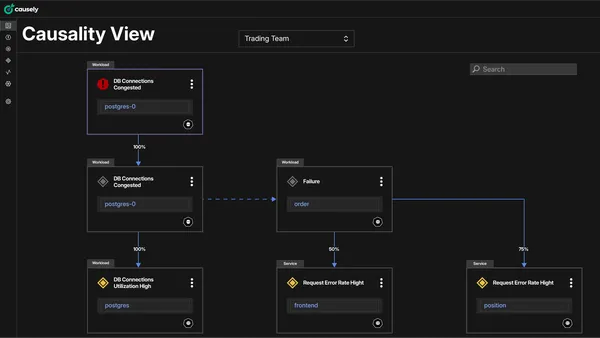Dive Brief:
-
IT decision-makers expect data and analytics investments to help organizations improve internal business processes, boost customer insight and engagement, and enhance customer service support, according to a report from IDG . The firm surveyed 514 IT decision-makers between February and April 2021.
-
Companies will spend, on average, $11 million on data-driven initiatives in the next year, according to the survey. Four in 10 executives project data and analytics spend will grow in the next 12 to 18 months.
-
Though organizations have found value in data and analytics investments, the full potential still lies ahead for businesses, according to IDG. Just 46% of companies have a clearly defined and communicated data and analytics strategy to rely on.
Dive Insight:
With spending power behind data-driven initiatives, organizations seek the operational and financial advantages of relying on data and analytics — from in-house processes to customer touchpoints.

Following the lessons of the pandemic, data is projected to evolve into a core business function this year, >according to Gartner. No longer a backend function, organizations will learn to embrace data as a shared business asset that helps deliver competitive advantages.
The top technologies organizations are researching for data and analytics initiatives are artificial intelligence (34%), prescriptive analytics (30%) and machine learning (30%). Companies are also looking into predictive analytics (27%) and edge computing (26%).
But the road to data savviness is anything but smooth. Gleaning actionable insights from data means navigating a scattered data ecosystem, a task that can take months.
Companies with no future data-driven plans say the main barriers are the lack of a clearly articulated data strategy, lack of funding for data initiatives and missing executive buy-in for data initiatives, according to the IDG report.
Data professionals are also at capacity, under strain from companywide demands and an expanding array of data pipelines.
To overcome the barriers, data and analytics leaders can best deliver on company business goals by functioning as the company's "chief value officers," said Rita Sallam, research VP at Gartner, speaking during the Gartner Data and Analytics Summit 2021 in May. "You need to build that skill, and that competency, not only to articulate benefits but actually to realize those benefits."
A successful data culture lets the whole organization reap the benefits of the existing infrastructure, building data capabilities across all teams and normalizing the use of data insights for decision making.













